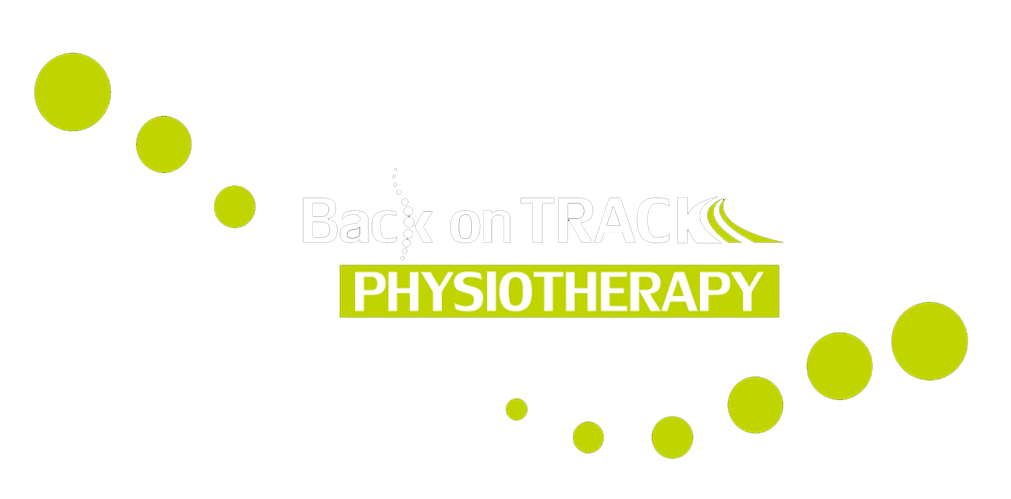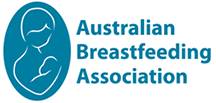Cognition
Cognition is the term used to describe the function and processes of our brain.
As we get older in age we often experience unwanted changes in our body and our mind which disrupts our life and the activities we want to engage in. Changes that occur within the brain are termed cognitive changes.
One focus of The Vitality Passport is the management of these cognitive changes. Cognitive changes often reported in older adults include difficulty with:
- Information processing
- Problem solving
- Memory
As we get older many people experience changes in their cognition or thinking abilities. You may:
- Start to forget information
- Have difficulty recalling events
- You may need more time to think a problem through
- Be generally slower in your thinking
- Lose interest in activities that you usually enjoy
- Notice changes in your behaviors that are uncharacteristic or out of the ordinary
- Lose confidence in social settings or interactions with others
These are just some examples of changes people report. As we age our brain and its functional ability change, however the extent of this change is different in every person. General cognitive decline is very normal especially as we get older and can be due to many factors including brain cell death, general decline in our physical function (ie. fitness, hearing, vision, fatigue), reduced health (ie. heart disease, diabetes) and limited engagement in stimulating activities (ie. activities that we enjoy and challenge our thinking/mind).
Global Council on Brain Health Consensus Statement 2018
Cognitively stimulating activities can improve a person’s “cognitive reserve”. Which may allow people to cope better with age related brain changes. Cognitively stimulating activities may reduce the risk of developing dementia due to Alzheimer’s disease and reduce the severity of the symptoms if the person develops the disease. In addition, a greater cognitive reserve may reduce severity in other conditions such as Parkinson’s disease, stroke and traumatic brain injury.
However, it is important to note, just doing a Suduko will not improve your ability to manage your finances. The activities must be novel, challenging, and performed regularly. Learning a new skill or engaging in more social interaction such as volunteering or learning to cook, tai chi, photography, or new technology can be valuable. Please see the GCBH infographic below.
How can you protect or improve your memory and thinking?
Live a “Brain Healthy Lifestyle”
- Keeping your mind stimulated through a variety of activities - leisure, work or study.
- Painting or Drawing
- Photography
- Gardening
- Choose activities that interest you and challenge your mind.
- Gardening
- Crosswords
- Sudoku
- Learning new tasks and information keeps our brain stimulated
- New card games
- Research Projects/Activities
Why Does Keeping Your Mind Active Work?
Challenging the brain with new activities helps to build new brain cells and strengthen connections between them. The brain is an ever changing organ which we can improve. As such stimulation of the brain and engagement in meaningful activities can assist with conserving and enhancing it.




